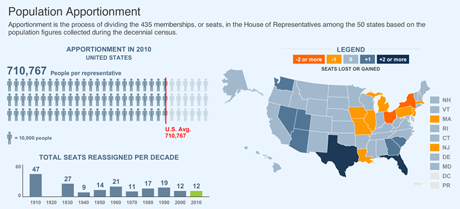The Texas Film Commission (TFC) officially rejected incentive funds for making the movie “Machete” in Texas because it did not portray Texas in a positive enough light. As previously noted here, there might be problems with having tax dollars used to support the production of entertainment. Intertwining entertainment and government doesn’t do much for either and the TFC’s decision not to fund the “Machete” illustrates why our government should not be our movie producer. We have freedom of expression in Texas, but free expression that expresses proper support of the government can expect financial subsidy (an estimated $1.75 million for making “Machete” in Texas).
If the studio wanted to please the TFC they could add a scene at the end of Machete in which the cast of the movie would dance around large pictures of the governor and sing his praises. It would be like a combination of the end of “Slum Dog Millionaire” and a North Korean political rally.

In “Two thumbs down on Texas Film Commission,” humorist John Kelso suggested an entire movie designed to please the Texas Film Commission:
Our suggested movie, “Secure Our Borders Man,” opens with Norris, who plays Secure Our Borders Man, wearing a red cape. Norris roams across the state of Texas from voting place to voting place asking suspicious-looking voters for their driver’s licenses. Then he busts up a few roofing jobs.
 It seems strange to me that some of the same Texas politicians who see communism in every action of the federal government have so enthusiastically embraced funding of state-sponsored entertainment. Making the funding of movies based on the Governor’s office opinion on the degree to which they offer a favorable image of the state puts Texas on a dangerous trajectory. If the intention of the funds were to create Texas jobs, why impose standards on content? Texans are said to be a hardy breed, but some Texans are pretty easy to offend.
It seems strange to me that some of the same Texas politicians who see communism in every action of the federal government have so enthusiastically embraced funding of state-sponsored entertainment. Making the funding of movies based on the Governor’s office opinion on the degree to which they offer a favorable image of the state puts Texas on a dangerous trajectory. If the intention of the funds were to create Texas jobs, why impose standards on content? Texans are said to be a hardy breed, but some Texans are pretty easy to offend.
There are many movies I would prefer wan not funded with my tax dollars. Machete is probably one of them. However, I would prefer the non-state approved version to whatever politically correct version might have survived the clearance process. There is something thing worse than seeing your tax dollars go to something that makes your government unhappy–it’s seeing your tax dollars go to only the movies, television shows, and video games that make the government happy.
Filed under: The Executive Branch, Uncategorized | Tagged: Texas Film Commission | Leave a comment »


